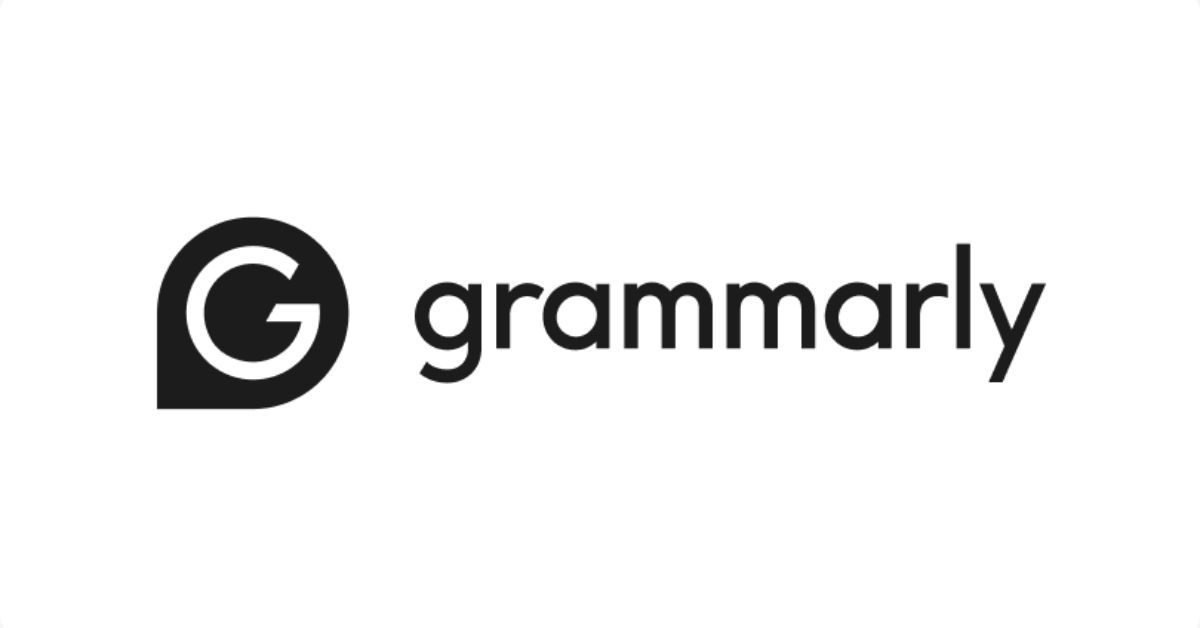If you’re someone who writes a lot—whether it’s for school, work, or just online communication—you’ve probably come across Grammarly at some point. I’ve personally been using the Grammarly Chrome Extension for quite some time now, and I have to say, it’s one of the most useful browser tools I’ve added to my workflow. It quietly sits in the background while I type, correcting mistakes and making suggestions that genuinely improve my writing.
What Exactly Is Grammarly?
Grammarly is essentially a cloud-based writing assistant that helps you improve your writing in real time. It checks for spelling, grammar, punctuation, clarity, engagement, and even tone. The Chrome extension version is designed specifically to integrate with your browser so it can help you write better pretty much anywhere on the internet—whether it’s in your Gmail drafts, social media posts, Google Docs, or any other web-based platform with a text field.
Unlike a basic spell checker, Grammarly uses advanced AI to understand sentence structure, context, and tone. It’s more like a virtual editor than a tool that just fixes typos. Over time, I’ve noticed that it helps me learn from my mistakes, not just fix them.
Key Features of the Grammarly Chrome Extension
1. Real-Time Grammar and Spelling Checks
Grammarly instantly highlights issues as you write. It catches everything from typos to missing punctuation to subject-verb agreement errors. It even picks up on often-overlooked mistakes like double negatives or misused idioms.
2. Tone Detection
This is a newer feature, and I’ve found it really helpful. Grammarly gives you insight into how your message might be perceived—whether it sounds confident, friendly, formal, or even too blunt. This is especially useful when writing professional emails or messages where tone really matters.
3. Clarity and Conciseness Suggestions
We all tend to overwrite sometimes. Grammarly helps you clean up your sentences by recommending ways to say things more simply or directly. It also catches filler words or redundancies that weaken your writing.
4. Vocabulary Enhancement
Grammarly suggests stronger or more appropriate word choices, especially when you’re repeating the same word multiple times or using vague language. I’ve discovered some great vocabulary upgrades this way.
5. Google Docs Integration
This used to be a weak point, but it’s now fully functional and works really well. Grammarly’s suggestions show up inside Google Docs just like they do elsewhere. It’s one of the features I rely on daily.
6. Plagiarism Checker (Premium Only)
If you’re writing academic work or blog content, this is incredibly useful. Grammarly scans your content against billions of pages online and flags anything that looks too close to existing content. It’s not just about avoiding plagiarism—it also ensures your work is original and credible.
7. Style and Formality Adjustments (Premium Only)
When you need to adjust your tone from casual to formal—or vice versa—Grammarly can help you reword sentences to better fit your audience. This is perfect for switching between professional writing and more relaxed communication.
Real-Life Benefits of Using Grammarly
From my personal experience, Grammarly has made a noticeable difference in my writing speed and accuracy. I don’t have to re-read my messages five times before hitting send. It catches the little things I might miss, especially when I’m multitasking or typing quickly.
Grammarly also makes me feel more confident. Whether I’m writing a cover letter or responding to a client, I know I’m putting my best foot forward in terms of language and tone. And while I consider myself a decent writer, even the best of us need a second pair of eyes—Grammarly serves as that for me.
I also appreciate how Grammarly doesn’t just fix errors but teaches you over time. After using it regularly, I’ve noticed I make fewer mistakes because I’ve learned from the suggestions it’s given me.
Pros of Grammarly
- It works everywhere online – From Gmail to social media to Google Docs.
- User-friendly interface – Clean, intuitive, and easy to understand.
- Real-time feedback – Fixes mistakes on the spot.
- Improves your writing skills – Helpful for both native and non-native English speakers.
- Customizable settings – Choose writing goals like tone, audience, and formality.
- Helps save time – Less need for proofreading or second-guessing your words.
Cons of Grammarly
- Premium can be pricey – The free version is good, but the best features are locked behind a paywall.
- Occasional false positives – Sometimes the tool misreads context or suggests unnecessary changes.
- Internet dependent – It needs an active internet connection to function, so it’s not great for offline writing.
- Limited creativity support – While it’s great for clarity, it may dull your voice if you blindly accept every suggestion.
Grammarly Pricing Breakdown
Here’s a look at what Grammarly offers in terms of plans:
Free Plan:
Includes:
- Spelling and grammar checks
- Conciseness suggestions (basic)
- Limited tone detection
Great for casual users who just want help avoiding typos and basic grammar issues.
Premium Plan:
Includes everything in the free plan plus:
- Advanced grammar and punctuation
- Clarity-focused sentence rewrites
- Tone improvements and suggestions
- Formality and fluency support
- Vocabulary enhancement
- Plagiarism detection
Current Pricing (as of this writing):
- Monthly – $30/month
- Quarterly – $60 every 3 months ($20/month)
- Annual – $144/year ($12/month)
If you write a lot, the annual plan is definitely the most cost-effective. I went with this option and haven’t looked back.
Final Verdict: Is Grammarly Chrome Extension Worth It?
For me, the Grammarly Chrome Extension is one of those tools I didn’t realize I needed until I started using it. Whether I’m dashing off an email or writing an article like this one, Grammarly saves me time and stress. The free version is surprisingly powerful on its own, and for most casual users, it’s more than enough. But if you’re writing daily, especially in a professional or academic context, the Premium plan is definitely worth considering.
It’s not perfect, and it won’t make you a better writer overnight. But it will support you along the way, clean up your mistakes, and help you grow as a communicator. At the end of the day, it’s like having a helpful editor working quietly in the background—except you don’t have to wait days for feedback.




